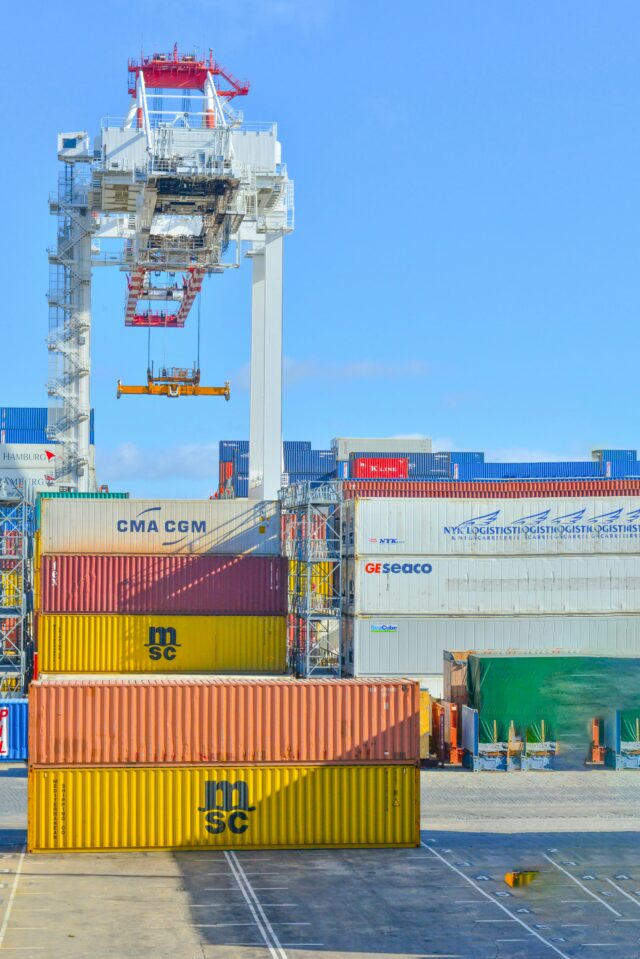Prime Minister Justin Trudeau’s participation in this year’s Asia-Pacific Economic Cooperation (APEC) Economic Leaders’ Meeting underscores a critical truth: Canada is making deliberate and strategic moves to position itself as a leader in the global economy. From trade agreements to technological partnerships, the initiatives announced in Lima, Peru, not only reflect Canada’s ambition but also its responsibility to ensure prosperity for all Canadians in an increasingly interconnected world.
The announcement of the Canada-Indonesia Comprehensive Economic Partnership Agreement marks a milestone in diversifying Canada’s trade relationships. With Indonesia’s massive population of over 280 million and its standing as Southeast Asia’s largest economy, this agreement is poised to unlock unprecedented opportunities for Canadian businesses, entrepreneurs, and farmers.
At a time when global supply chains are under strain and economic nationalism threatens cooperation, Canada’s commitment to expanding its trade partnerships signals a forward-thinking approach. By focusing on Southeast Asia’s potential, Canada is securing a foothold in one of the world’s fastest-growing regions, ensuring long-term benefits for Canadian workers and businesses.
The introduction of the Canadian Trade Gateway as part of Canada’s Indo-Pacific Strategy (IPS) is another bold step. The emphasis on strengthening nuclear partnerships not only aligns with the global push for clean energy but also showcases Canada’s leadership in applying nuclear science to diverse industries, from agriculture to artificial intelligence.
By presenting Canada as a responsible and reliable partner in the nuclear sector, this initiative goes beyond economic goals—it reinforces Canada’s reputation for innovation, ethics, and expertise in addressing critical global challenges.
What sets Canada’s approach apart is its understanding that economic growth must be inclusive. The $35 million in targeted investments announced at APEC reflects a commitment to equitable development, addressing key challenges such as gender equality, climate resilience, and access to justice for marginalized communities.
For example, the nearly $18 million allocated to advance women’s sexual and reproductive health in Peru and $200,000 to improve access to justice for Indigenous and Afro-Peruvian communities exemplify how Canada is using its global platform to champion human rights and equality. These actions demonstrate that economic diplomacy can—and should—serve broader societal goals.
Canada’s efforts at APEC illustrate a vision of growth that is not zero-sum but collaborative. From supporting Venezuelan refugees in Peru to growing micro, small, and medium-sized businesses across the region, the government’s actions show a commitment to ensuring that prosperity benefits everyone involved.
This approach is as pragmatic as it is principled. By fostering goodwill and stability in key regions, Canada is building stronger partnerships that will sustain its economic and geopolitical interests in the years to come.
Prime Minister Trudeau’s leadership at APEC sends a clear message: Canada is ready to embrace its role as a Pacific nation. By expanding trade, championing inclusivity, and committing to innovation, the government is laying the groundwork for a stronger, more resilient economy.
However, the success of these initiatives will depend on their execution and the government’s ability to maintain momentum. Ensuring that Canadians see the tangible benefits of these efforts—whether in job creation, business growth, or improved global standing—will be key to sustaining public trust and support.
As Canada prepares to host the APEC Business Advisory Council in 2025, the government must continue to prioritize policies that align with the values of fairness, opportunity, and collaboration. The vision unveiled at APEC is ambitious, but it is precisely what Canada needs to thrive in a rapidly changing global landscape.
In the words of Prime Minister Trudeau: “This will mean more well-paying jobs for Canadians, more options for our consumers, and a stronger economy for the country—and for you.”
S.M.


































